Column: State of The Union Address
On Tuesday, Nov. 8, Donald J. Trump was elected the President of the United States.
The most pertinent question I’ve heard about this is “How?” As I’ve come to understand it, all that’s required is a bit of historical context.
A democracy is, in theory, for the people. I’d argue that the first and last time this country was a democracy was between 1776 and 1787.
After the victory of the American Revolution, the essential concern of the nation was the fear of being politically and economically owned again. Thusly, the Constitution was written so that the Senate (which was not elected at the time) had the most power.
This happened, as explained by Noam Chomsky, American philosopher and linguist in his documentary “Requiem for the American Dream” to “protect the minority of the opulent against the majority.” He jokes that if everyone could vote freely, “the majority of the poor would get together and they would organize to take away the property of the rich,” and that “would obviously be unjust.” In other words, Chomsky questions who America’s democracy is really for.
This question has never been answered, and Nixon’s election in 1968 — in many ways similar to Trump’s — makes it ever more relevant today.
Richard Nixon rose to power because of the failed liberal presidents before him and a revelation historians have called his ‘”Silent Majority,” a population that wasn’t vocal in their beliefs but supported conservative policy. Silent Majority soon became a term for the conservative middle class.
At the time the greatest threat to American democracy and capitalism was Communism. John F. Kennedy, Harry S. Truman and Dwight D. Eisenhower managed to catalyze the Islamic Revolution, the U-2 incident, the Suez Crisis, Sputnik, Kaputnik, and the loss of China to the Soviet Union, which led to the Taiwan Strait Crisis.
The public witnessed this and wanted law, order and security, which the past three presidents didn’t provide. While the youth screamed their pacifist cries, there was a louder whisper from the generation before them who longed to return to the American way of the ’50s.
Americans began to favor “outside” politics, people who weren’t Washington elites, which Nixon wasn’t. Sound familiar?
His rise to power began with HUAC [House of Un-American Activities Committee] and spread paranoia through the country, targeting anyone who wasn’t “pro-American,” or worse, Communist. With the election of Nixon came the most supreme, unspoken case of identity politics this country had seen.
The principles that guided the Rise of Conservatism in the ’70s are almost the exact credo of Trump’s stance on “the issues” founded ostensibly upon strict Constitutionalism, Reaganomics and military defense.
If you replace Communists with immigrants and people of color, Nixon and Trump are one-and-the-same.
So, what has this election taught me?
There are 195 independent, sovereign countries in the world; we don’t deserve a medal.
As proffesed by Chomsky, democracy is not a political system in this country; it is a value. He explained in his documentary that democracy today is to control a population’s beliefs and attitudes. We spent this past election fighting for anything but policy. Instead, we’ve been trapped into being consumers and dilettantes of binaries and platitudes over what could be a fully functioning democracy.
When we vote, we’re voting for who we think is going to keep us happy. Who will assure that we can tweet about “#Change” from our couches without having to actually know what’s going on.
In “Winning Arguments,” Stanley Fish explains, “We see through consciousness, and items in the world emerge in the form permitted and demanded by that lens.” So when you put opportunity in the hands of the people who don’t know how to use it, we’re left with an illusory oligarchy.
That isn’t to say that we shouldn’t have a government because we cannot have a political system without some type of structure, but we should re-shape these structures around ethical centers. The pursuit of this reconstruction is the question of our time.
The phrase “Anti-American,” as conceptualized by Chomsky, is totalitarian. It’s been used to describe Trump’s campaign, even though he wants to “Make America Great Again!”
Free societies don’t pledge their citizens to truisms, meaning Hillary Clinton also does not have this claim to nobility. Clinton’s mantra, “America is great because it’s good,” is false. It requires answers to questions such as, “What grounds the virtues of the Declaration of Independence in truth?”and “If this is a free society, how is it that civic faith in this country is more often than not at odds with the political minds of progressives?”
It occurred to me, as Ginsberg once wrote, “that I am America.”
We are America. What we do with our knowledge can prompt a movement of critical pedagogy grounded in policy debate rather than propaganda.



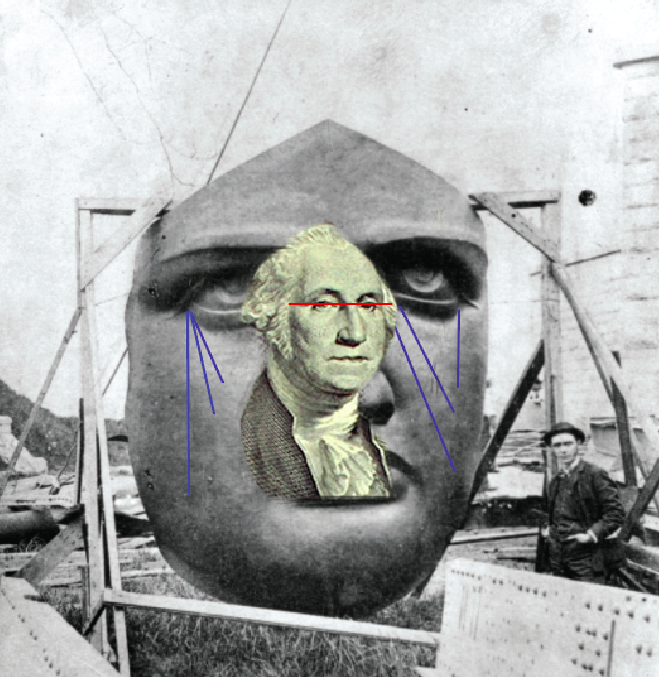

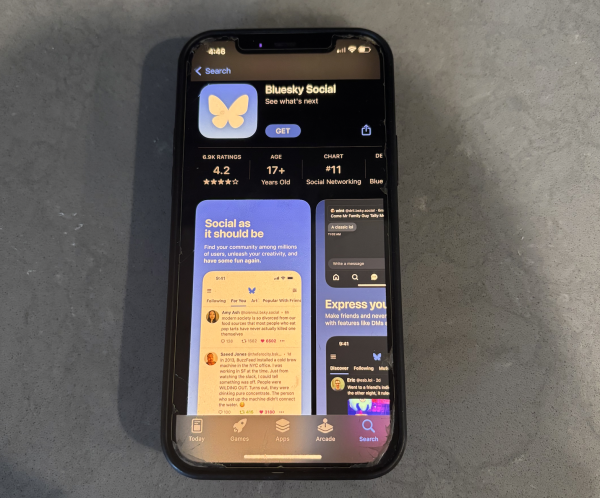
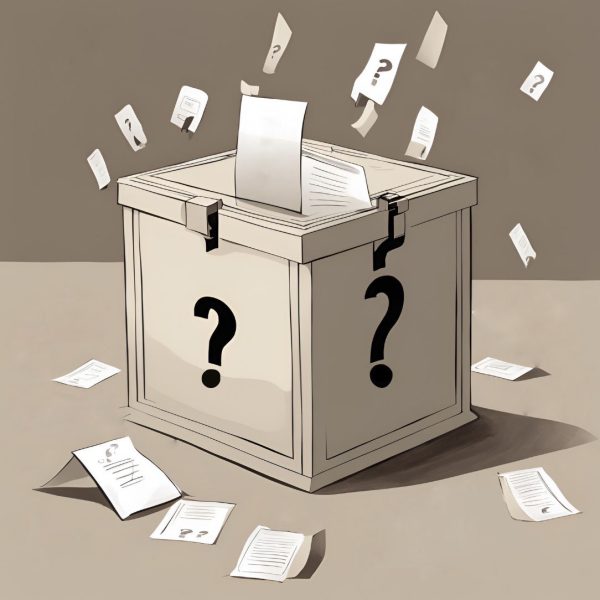
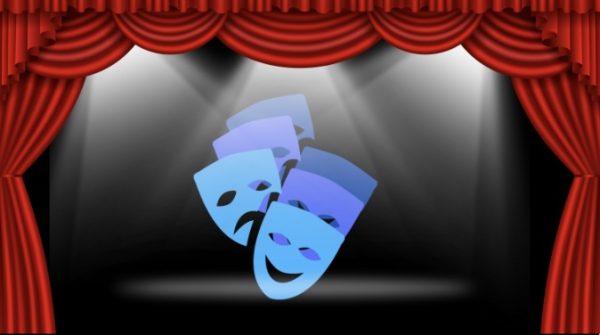


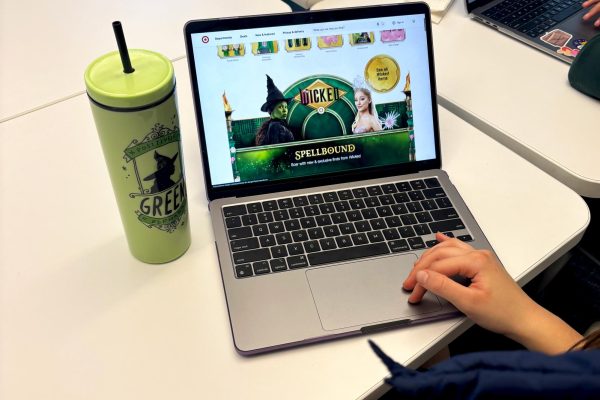

Sophie Smyth • Nov 22, 2016 at 1:44 am
This is amazing.
Aisha • Nov 19, 2016 at 6:33 pm
Amazing! So insightful 🙂